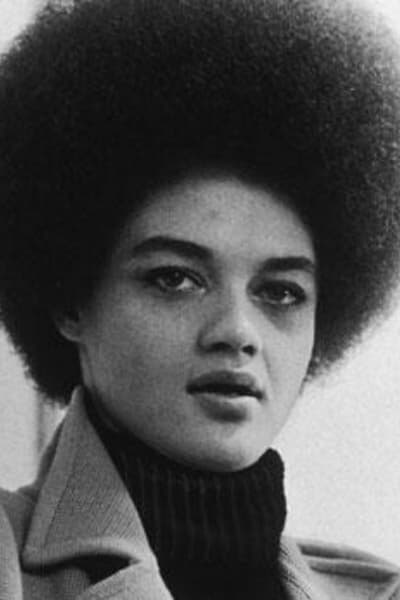

In 1968, young people from Berkeley to Paris and from Prague to Tokyo rose up against the world they were being offered. In this sprawling but riveting two-part documentary, veteran filmmaker Don Kent tracks the development, decline and legacy of this global movement against the fiery backdrop of the Vietnam War, civil rights struggles, dueling ideologies, and international coup d’états. A time capsule full of evocative sights and sounds, narrated by leading historians and political activists, Les années 68 effortlessly connects apparently discrete events to form a blazingly timely analysis of a decade that shaped the way we live now.
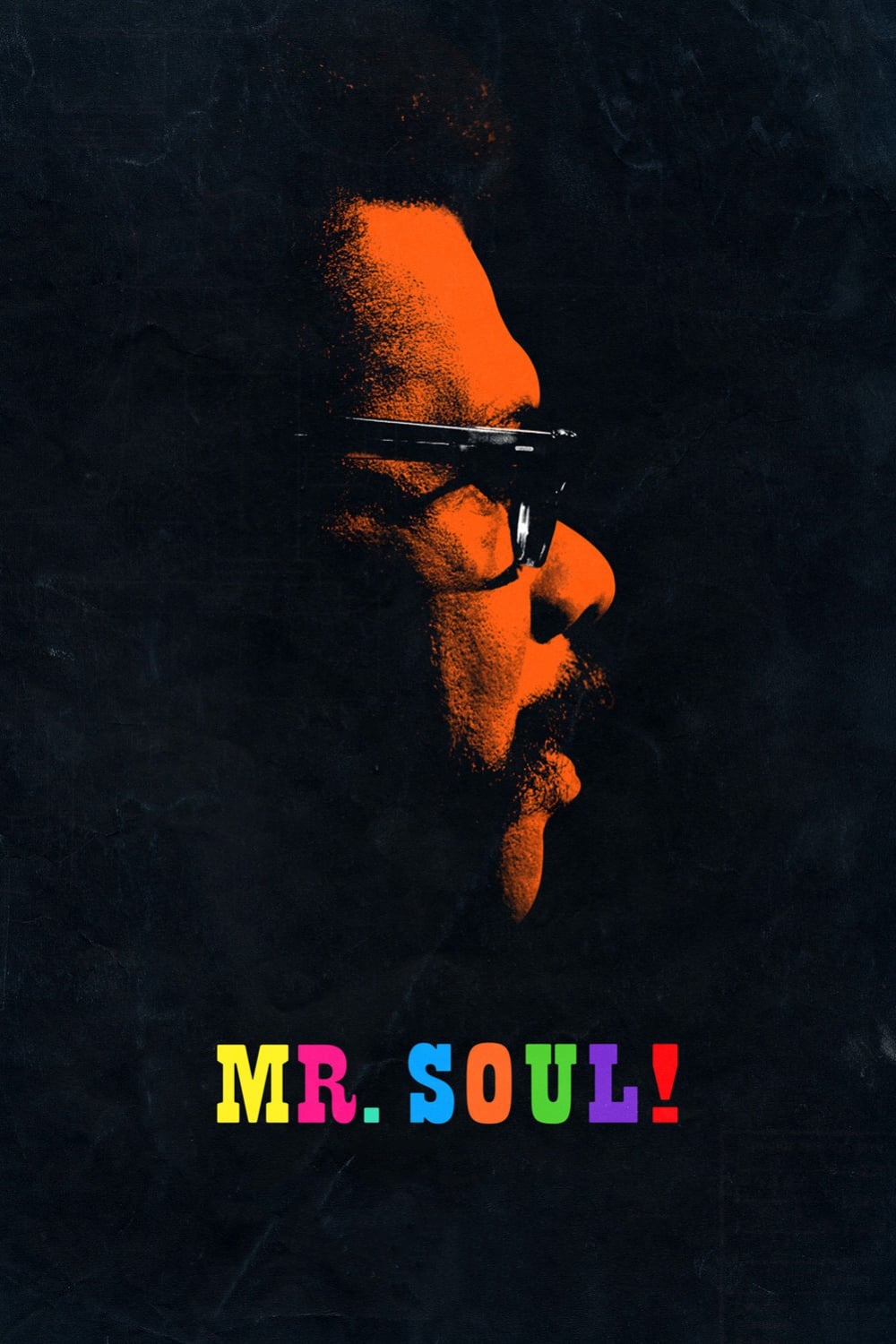
On the heels of the Civil Rights Movement, one fearless black pioneer reconceived a Harlem Renaissance for a new era, ushering giants and rising stars of black American culture onto the national television stage. He was hip. He was smart. He was innovative, political, and gay. In his personal fight for social equality, this man ensured the Revolution would be televised. The man was Ellis Haizlip. The Revolution was soul!
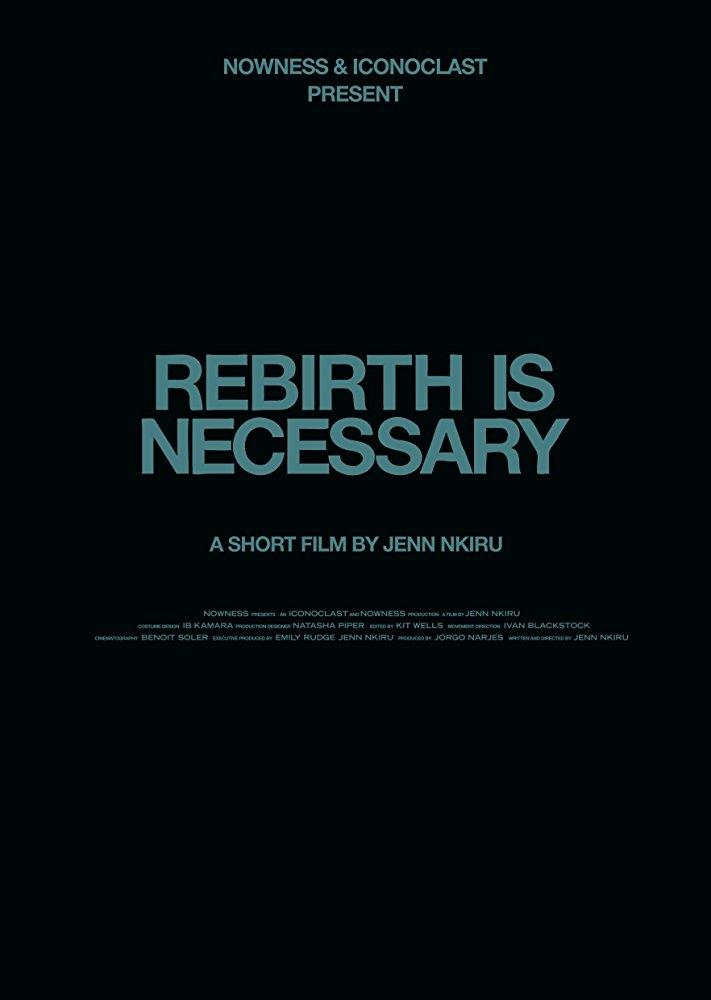
Director Jenn Nkiru authors a personal and powerful exploration of blackness through piecing together dreamlike portraits with stunning archival footage that includes Afrofuturism pioneer Sun Ra and revolutionary organization the Black Panther Party.
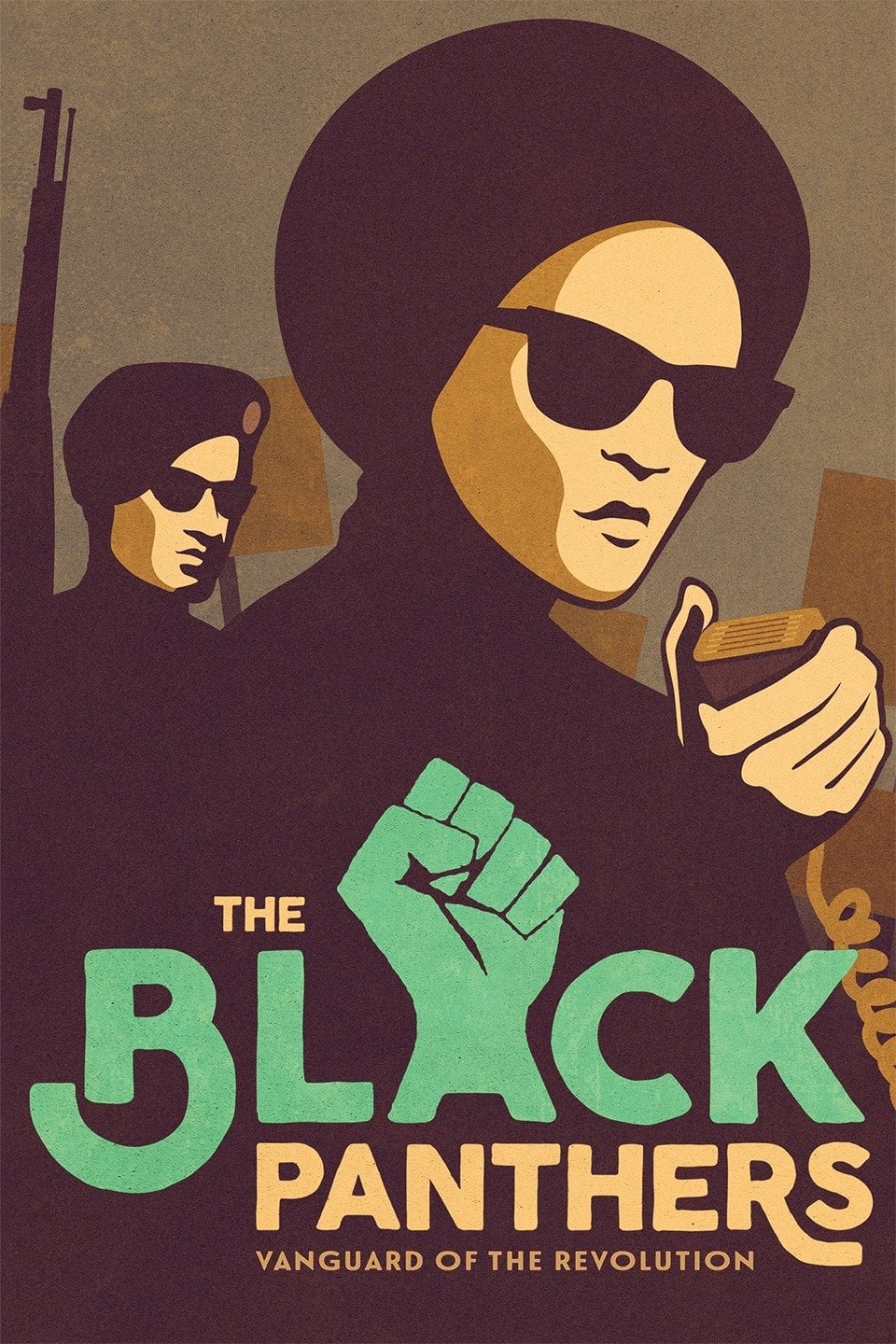
The story of the Black Panthers is often told in a scatter of repackaged parts, often depicting tragic, mythic accounts of violence and criminal activity; but this is an essential story, vibrant, human; a living and breathing chronicle of a pivotal movement that birthed a new revolutionary culture in America.
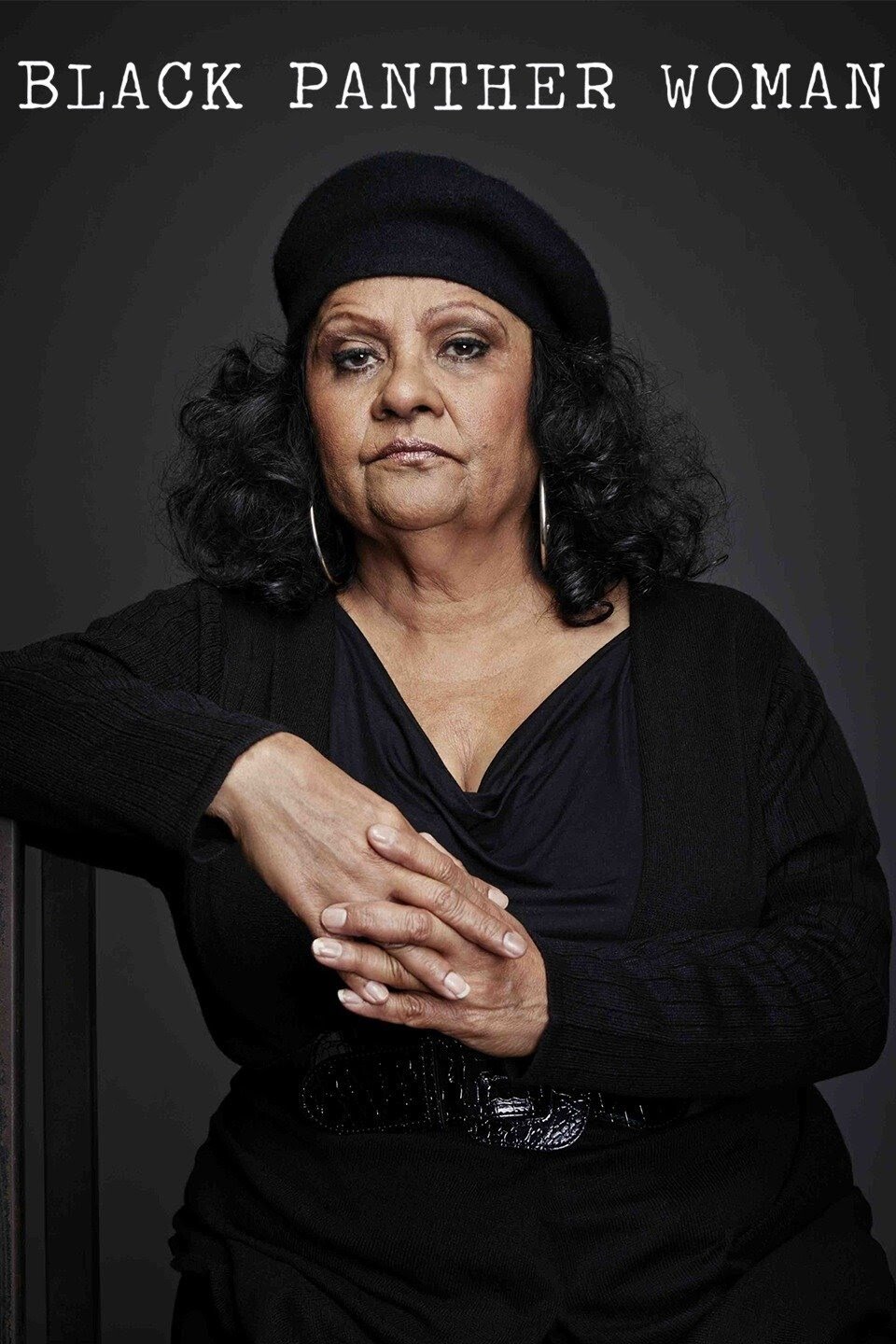
Marlene Cummins breaks a forty-year silence to tell the story of her abuse in the Australian Black protest movement, to overcome her demons of today.
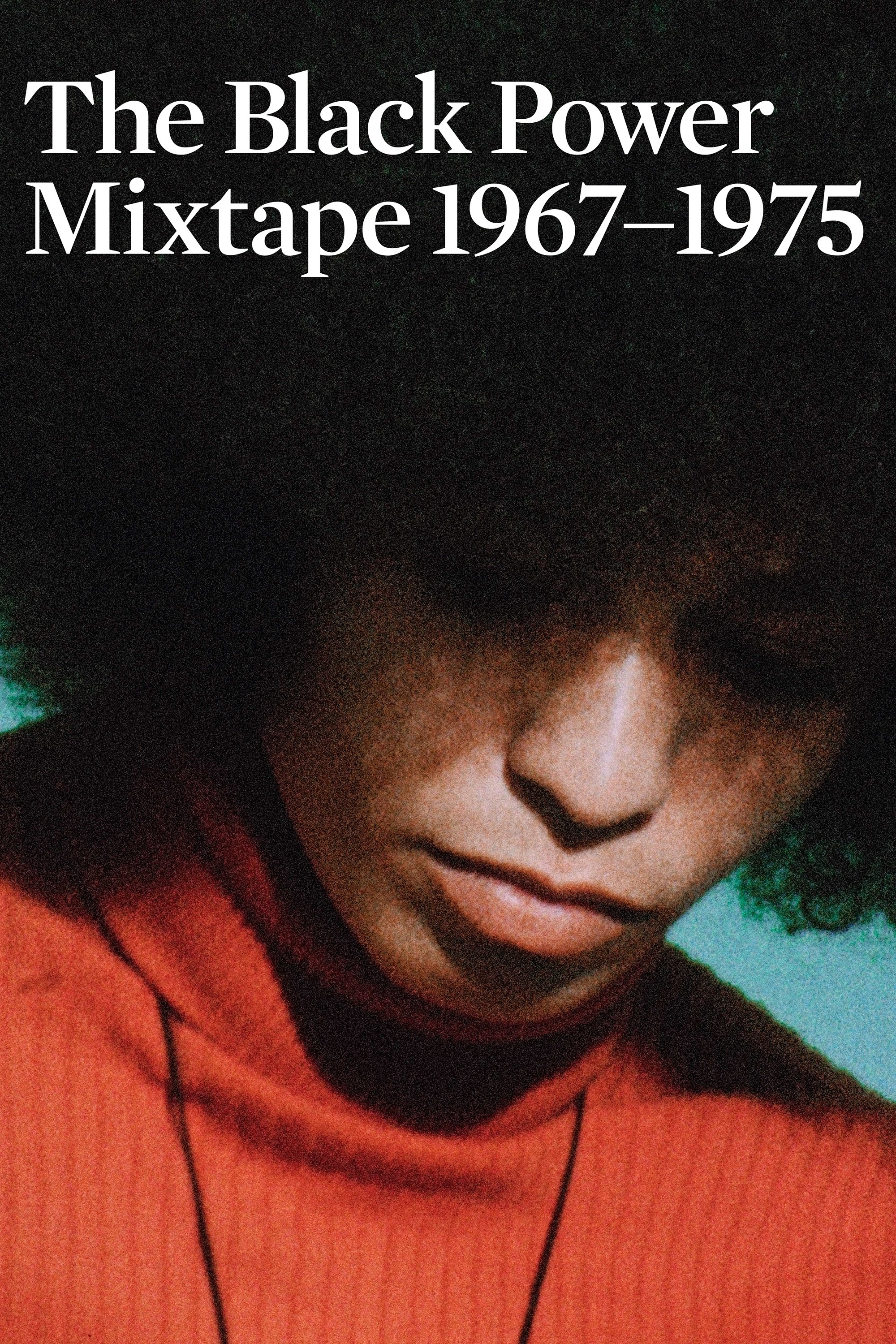
Examines the evolution of the Black Power Movement in US society from 1967 to 1975. It features footage of the movement shot by Swedish journalists in the United States during that period and includes the appearances of Angela Davis, Bobby Seale, Huey P. Newton, Eldridge Cleaver, and other activists, artists, and leaders central to the movement.
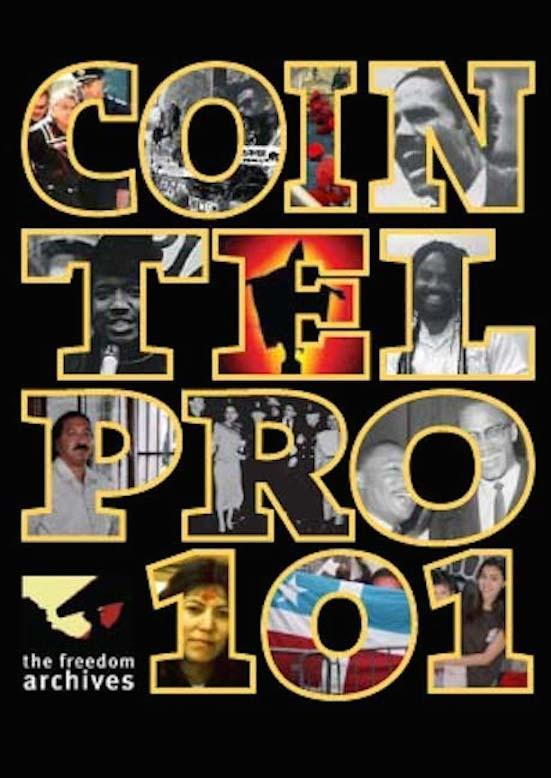
COINTELPRO 101 exposes illegal surveillance, disruption, and outright murder committed by the US government in the 1950s, 60s, and 70s. “COINTELPRO” refers to the official FBI COunter INTELigence PROgram carried out to surveil, imprison, and eliminate leaders of social justice movements and to disrupt, divide, and destroy the movements as well. Many of the government's crimes are still unknown. Through interviews with activists who experienced these abuses first-hand, with rare historical footage, the film provides an educational introduction to a period of intense repression and draws relevant lessons for the present and future.
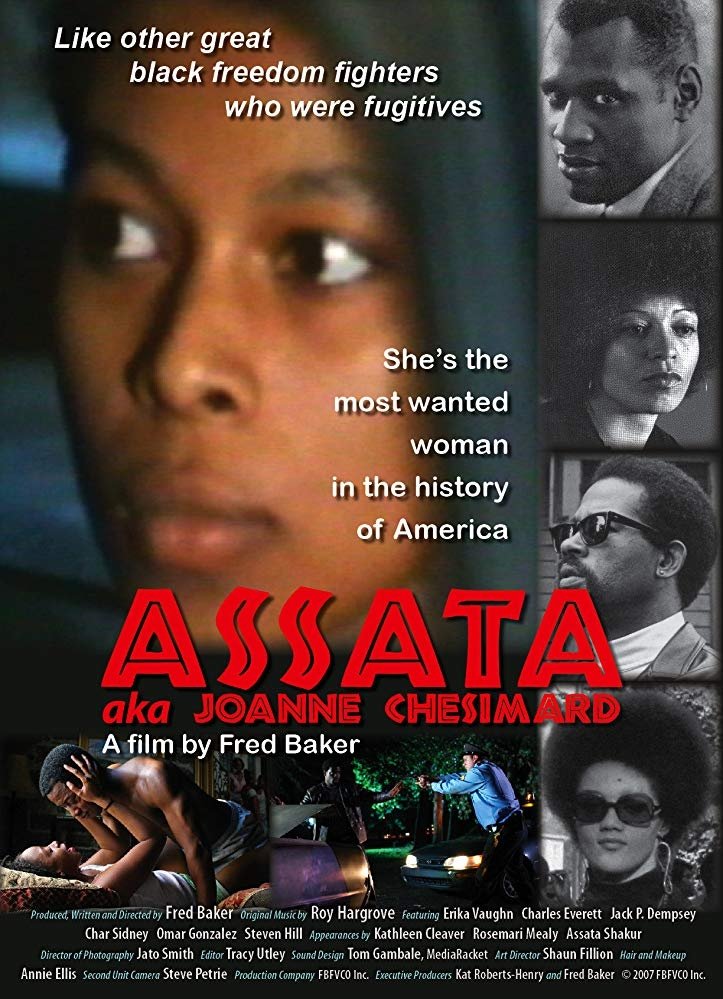
Through dramatic re-creation, archival newsreel footage and revealing interviews, director Fred Baker's docudrama explores the controversial murder case centered on Black Panther activist and political exile Assata Shakur. In 1977, Shakur was dubiously convicted for the shooting death of a New Jersey state trooper and was sentenced to life in prison, only to escape two years later and seek refuge in Cuba.
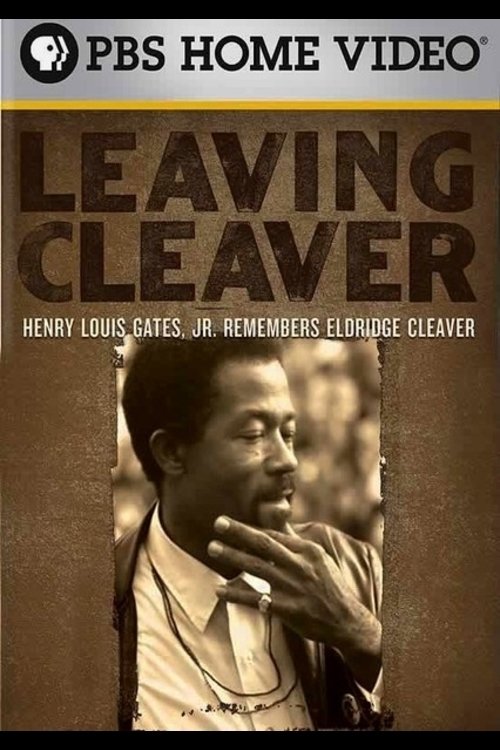
In March 1997, social activist, former Black Panther, and author, Eldridge Cleaver sat down with Henry Louis Gates Jr. for a discussion of his life as a civil rights activist. It would be the last major interview Cleaver gave before his death in May 1998. This film draws on the 1997 interview, archival footage, and commentary from Cleaver's former wife Kathleen, as well as audio tapes of a 1975 interview that Gates did with Cleaver in Paris.

Using government documents, archive footage and direct interviews with activists and former FBI/CIA officers, All Power to the People documents the history of race relations and the Civil Rights Movement in the United States during the 1960s and 70s. Covering the history of slavery, civil-rights activists, political assassinations and exploring the methods used to divide and destroy key figures of movements by government forces, the film then contrasts into Reagan-Era events, privacy threats from new technologies and the failure of the “War on Drugs”, forming a comprehensive view of the goals, aspirations and ultimate demise of the Civil Rights Movement…
Kathleen Neal Cleaver is an American professor of law, known for her involvement with the Revolutionary movement and the Black Panther Party.
By browsing this website, you accept our cookies policy.